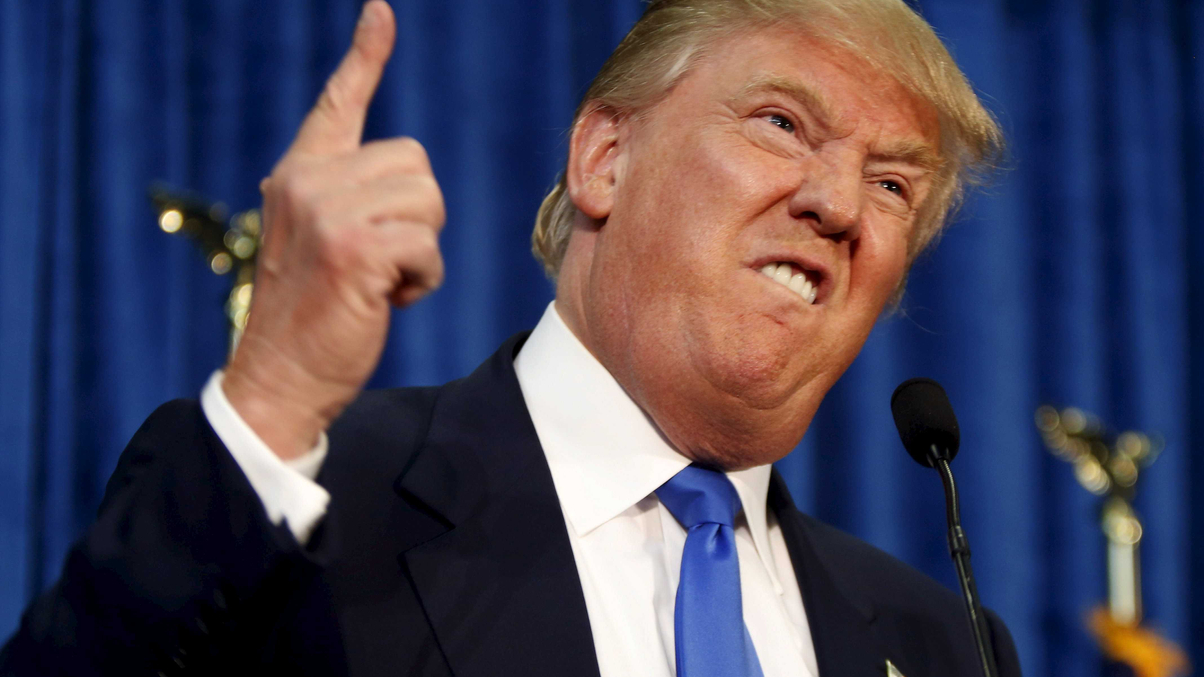Year of the Dog reflections: How Trump remains president
AsianInvestor looks back on the predictions it made for Year of the Dog. Our second question was whether Donald Trump would remain US president. The answer? Sadly, yes.

At the beginning of every Chinese New Year, AsianInvestor makes 10 predictions about economic, political and financial developments that are likely to have an impact on the way in which institutional investors assign their money. And then, one year later, we revisit these forecasts to see how well we did.
Sign in to read on!
Registered users get 2 free articles in 30 days.
Subscribers have full unlimited access to AsianInvestor
Not signed up? New users get 2 free articles per month, plus a 7-day unlimited free trial.
¬ Haymarket Media Limited. All rights reserved.


